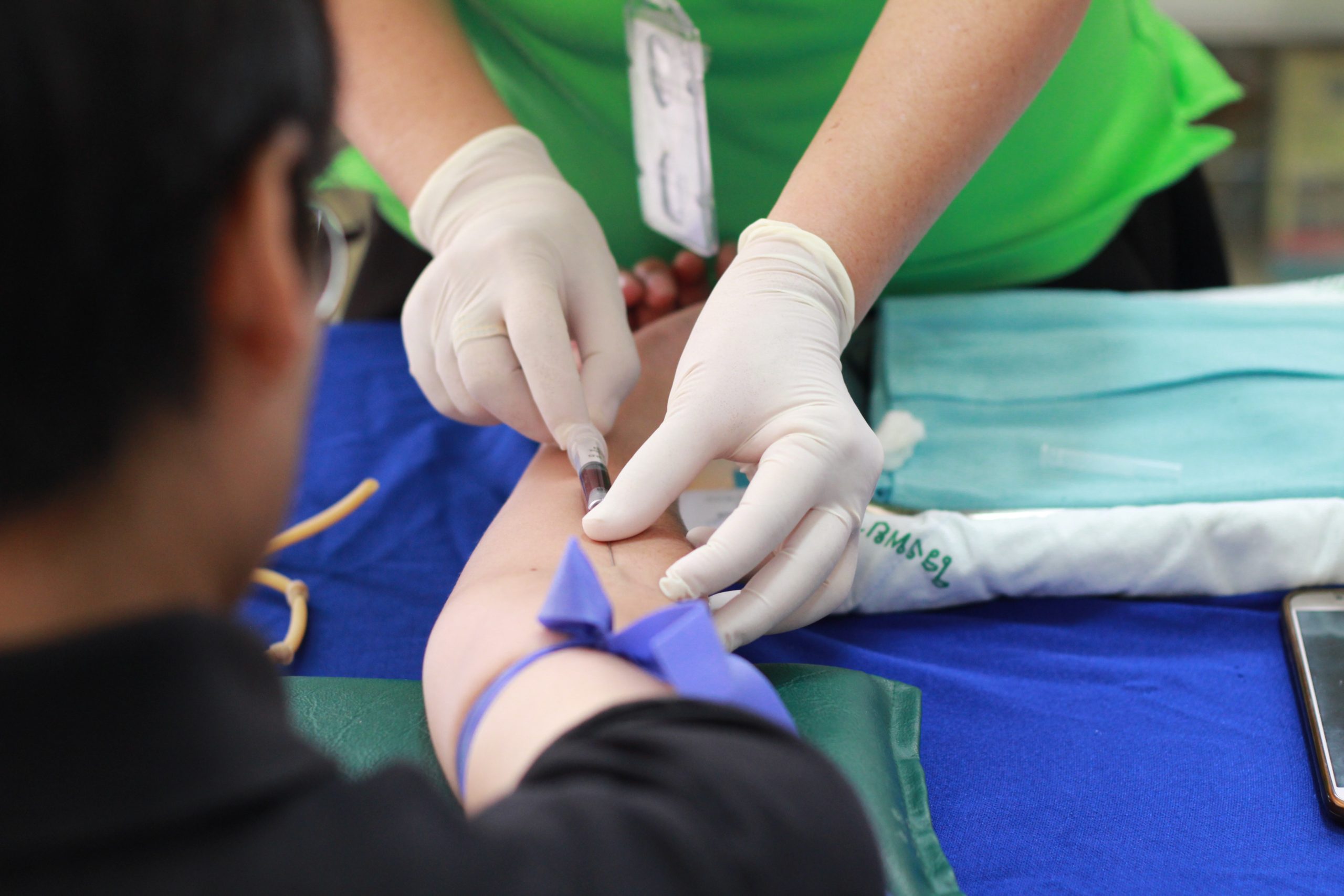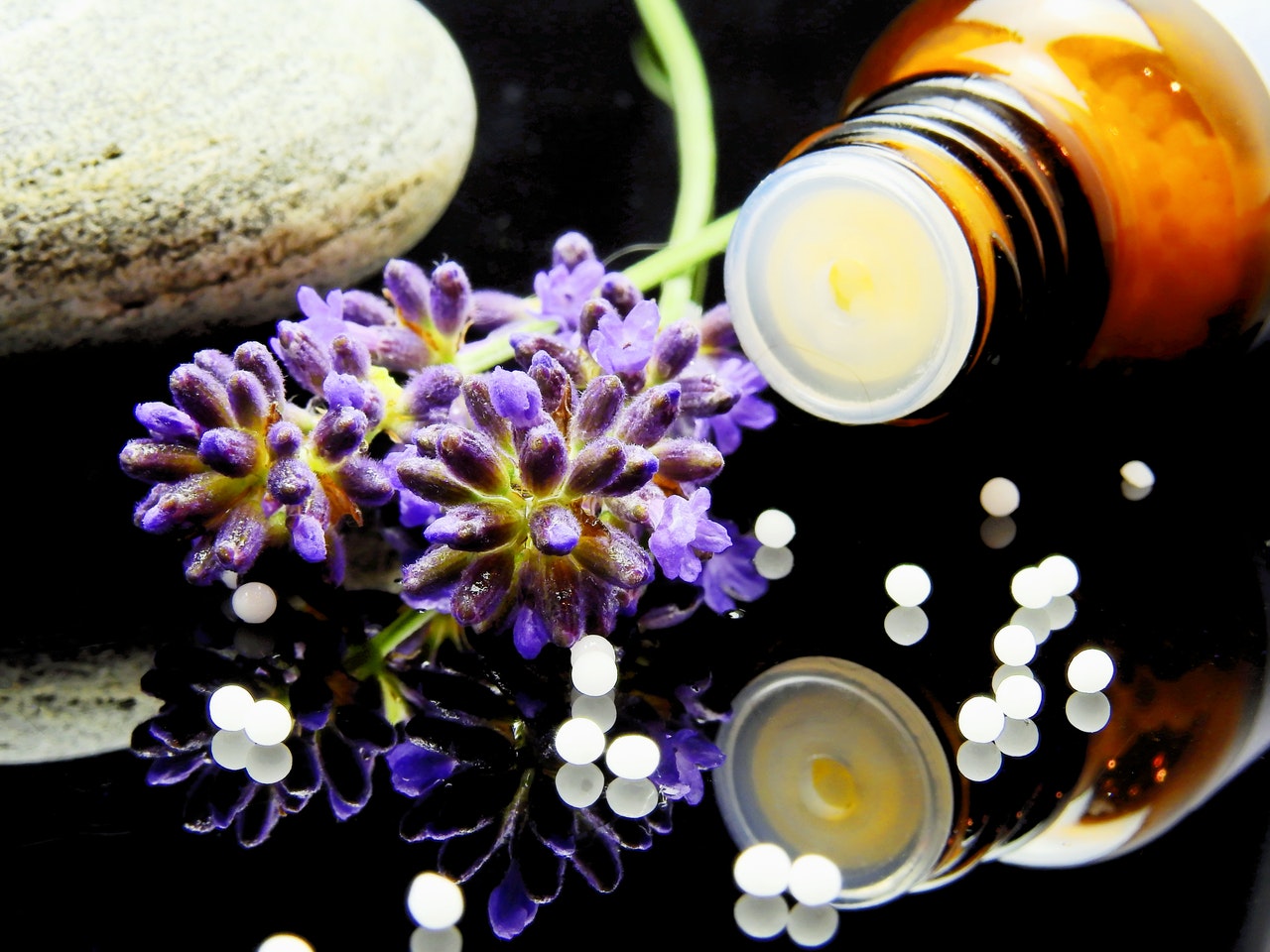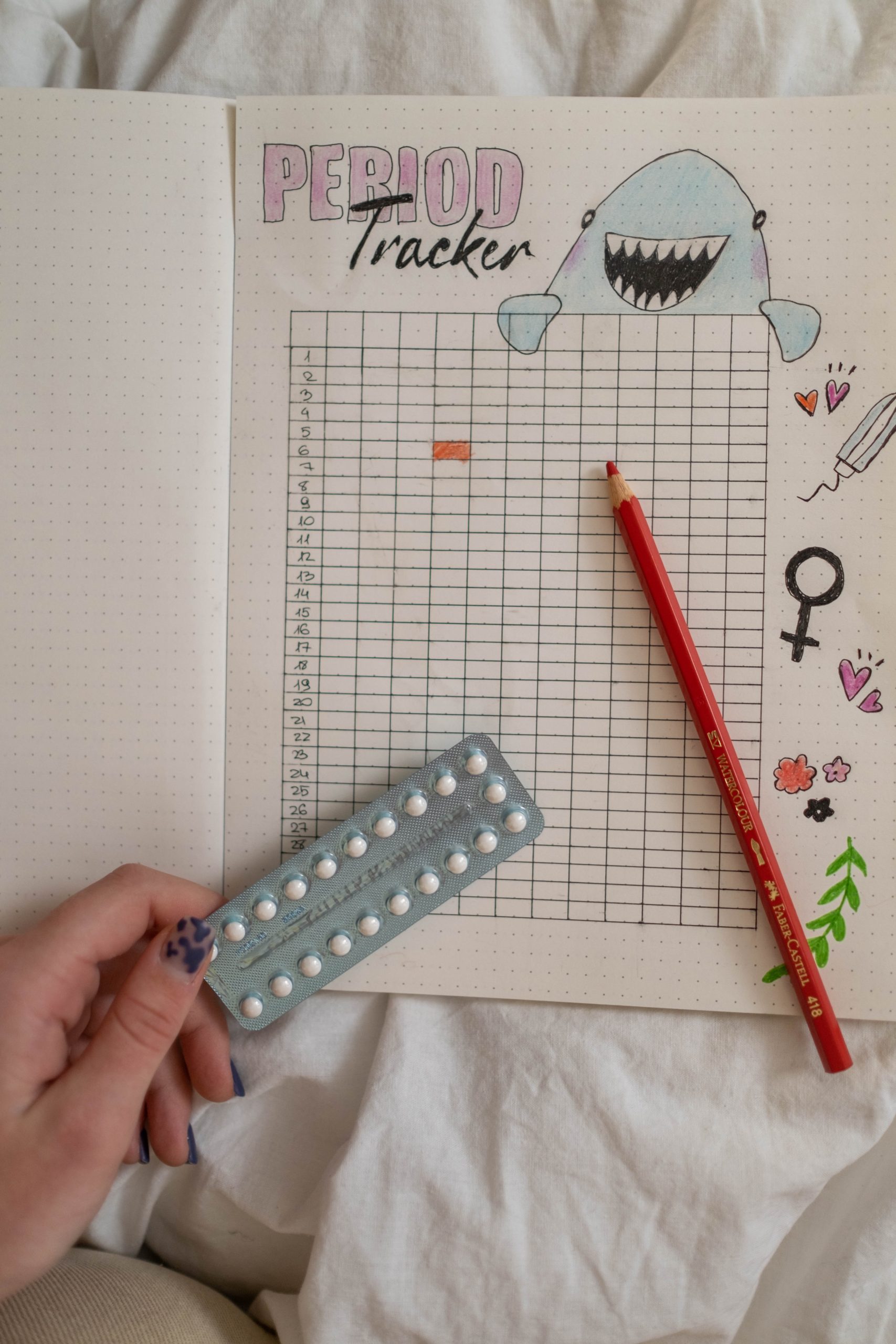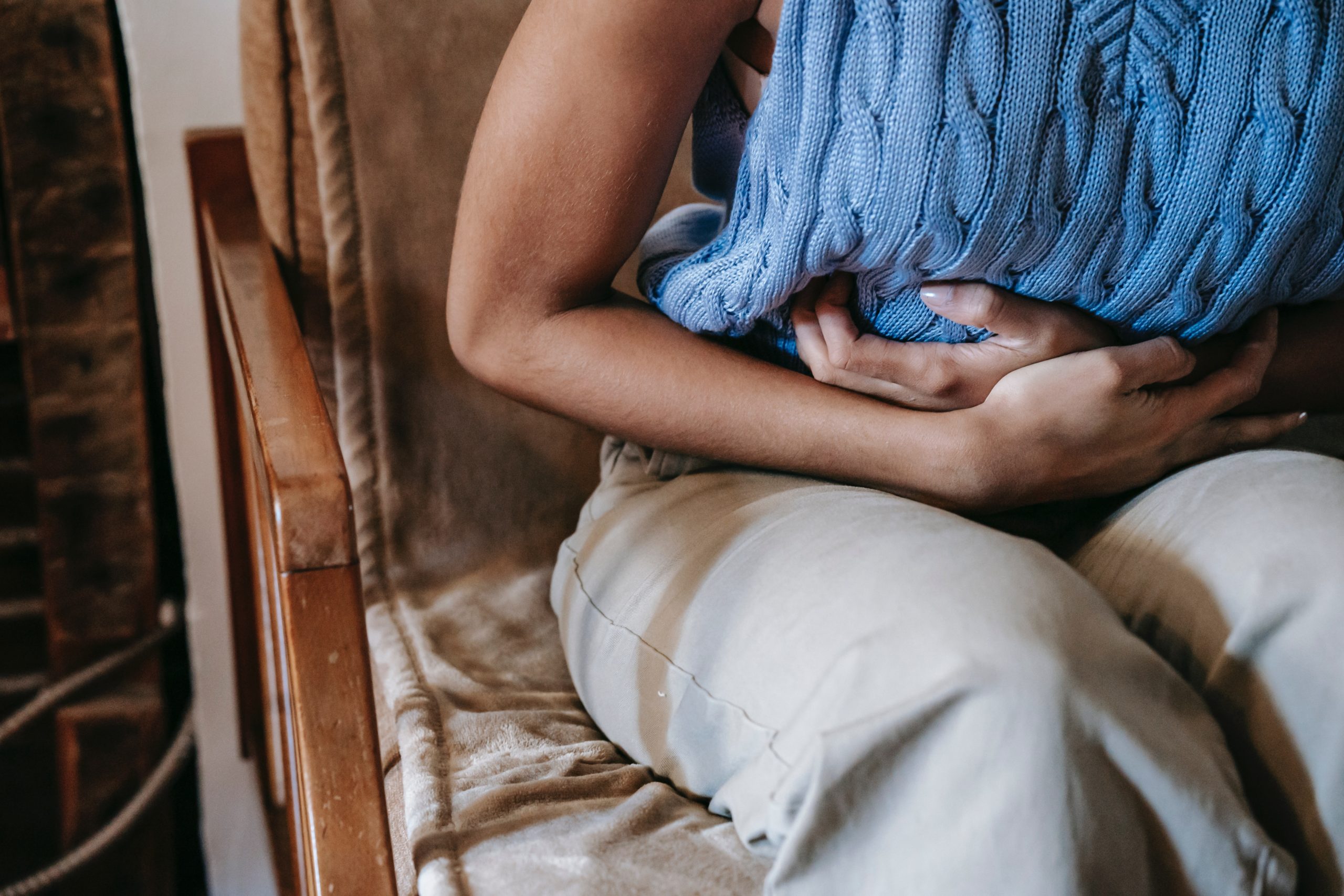A girl’s monthly cycle is the number of days from the start of her period to the start of the next time she gets her period. Doctors use the term of 28 days cycle but every women is different and their cycle can vary between 21 to 35 days. There are many causes of irregular period like hormonal, medications or certain lifestyle changes and so on.
A period is considered irregular if the gap between starting of your periods keep changing. Menstrual cycle is counted from the first day of your last period to the start of your next period. Each cycle last from four to seven days in women.
Periods are considered irregular if:
- Your cycle is of less than 21 days or more than 35 days.
- If you Missed three or more period in a row
- Your period last more than seven days
- If you experience that the length of your cycle keeps changing since more than 6 months.
- You are getting less than 8 cycle in a year.
Irregular periods are not always a sign of concern but it is always good to see a doctor and find the reason.
some women also have other problems along with the irregular period and they are called menstruation abnormalities. Some of the example are
- Period that last more than 7 days
- Period associated with cramp, pain and vomiting
- Flow is heavier or lighter than usual
- Bleeding and spotting between periods, generally after sex or menopause.
- Infrequent occurrence of period that is also called as Oligomenorrhea.
- Periods that are stopped completely also called Amenorrhea.
Table of Contents
11 reasons of irregular period
There are many causes of irregular period however most of the time there is no need to worry about them.
Most common causes of irregular period include:
1. Puberty
If you just hit the puberty and period just started to come, you can have irregular period for the first two to three years. Its very normal in girls to experience some sort of irregularities when she starts getting her period.
2. Pregnancy or miscarriage
Early pregnancy can cause you missed period or spotting. If you think that you can get pregnant than take a pregnancy test to rule out this. Miscarriage can also temporarily irregulates your period. Once your hormone will balance out, your period will get regulate.
3. Stress
Any type of physical and mental stress can fluctuate your hormones therefore can change your monthly cycle. Once your body balance out the hormones and your stress level decrease, your periods will become regular again.
4. pre-menopause
It usually happens between the age of 45 to 55 that is called early menopause and irregular period is a symptom of menopause also. Fluctuation in estrogen level during this time can cause period irregularities.
5. Lifestyle changes
Any sort of changes in your lifestyle can disrupt your internal clock and can change your monthly cycle. If recently you have loosed your weight, or gained some weight, any type of dietary changes, or any type of physical work and exercise changes then as a result it can be a cause of changes in your monthly cycle.
what should you do and what not to do during periods
6. Breastfeeding
If you are breastfeeding your little one, that can also be a cause of your irregular period and there is nothing to worry about this. This is very normal behavior of a woman’s body. This is because of prolactin hormone that is responsible for milk production and can suppress your reproductive hormone that can cause very light or no period at all.
7. Birth control
If you are on any kind of birth control pill or birth control device like IUD, it can cause spotting between period and can also cause very light or irregular period.
10 reasons for a late period if you are not pregnant
8. Thyroid problem
An overactive thyroid called hyperthyroidism, can cause shorter and lighter period while an underactive thyroid called hypothyroidism can cause heavier and longer period.
9. Medication
There are certain medications that can also cause irregularities in your cycle like birth control pills, blood thinners, thyroid medications, chemotherapy, steroids, etc.
10. PCOD
Polycystic ovary disorder is very common in woman. This is a most common cause of irregular period and there are many other signs associated with this for example:
- Facial hair growth
- Excess weight gain
- Severe hair fall
- Irregular period
- Infertility
Read to know about 15 side effects of birth control pills that no one will tell you.
11. Other medical conditions
There are other medical conditions can also cause you irregular period, some of them are:
- Unmanaged diabetes
- Uterine polyps
- Uterine fibroids
- Cervical cancer or tumor
- Endometriosis
4 Stages of menstrual cycle, what is normal and what’s not
Treatment of irregular period.
There are many treatment options for managing irregular period but treatment completely depends on the cause of the problem.
Here are some the treatment options that are available.
Irregular period and trying to get pregnant, FAQs about irregular period and pregnancy
1. Lifestyle change
If your irregular periods are because of poor diet, stress, PCOD, and if you are overweight or underweight, then changes in your lifestyle can do wonder for you. PCOD can easily be managed by a healthy lifestyle. A healthy lifestyle includes eating a well balanced and nutritious diet, maintaining a healthy weight, being as active as possible, and minimizing harmful habits such as smoking and excessive drinking.
Studies shows that if your period are because of excessive weight then a weight loss of 5-10% of body weight can improve menstrual regularity.
2. Natural Therapies
If you are stressed or have dietary problems and PCOD, alternate therapies like yoga, meditation and acupunctures can work well in managing PCOD and helps in period irregularities, however results vary woman to woman.
3. Hormonal contraception
- For some women only lifestyle changes are not enough to make period regular. For that different type of medications are available. Your doctor may recommend one of the following treatments:
- Oral contraceptive pills
- Hormonal IUDs
- Progesterone, which stimulate the uterus
- Vaginal contraceptive rings
- Intra-uterine devices
You should discuss with your doctor about the best method that is suitable for you with less side-effects. There are always some side-effects of the medicines so it is important to discuss with your doctor about the possible side effects before starting any treatment.
When should you see a doctor for irregular period?
There are so many causes of irregular period as mentioned above. Some of them are serious and some of them are not. But you should visit to your health care provider if you have any of the following symptoms.
- Sudden changes in your cycle and you are under the age of 45
- Missed three or more period in a row
- Your period last longer than 7 days
- Having irregular periods since more than 2 years and getting less than 8 period in a year
- Your period suddenly become heavier or lighter than before.
- Suddenly experiencing cramps, bloating and vomiting also called pre-menstrual syndrome.
- If Your cycle is less than 21 days or more than 35 days.
You don’t need to get medical advice if you always have slightly irregularities or you’re still going through puberty. there is nothing wrong in taking advice of a specialist. It is always a good idea to get checked out to see what the cause might be.
What will the Doctor do for irregular periods and What test are done?
You should visit to a gynecologist for the test and treatment of irregular period. Your doctor will ask you about your medical history and can ask you some question related to your lifestyle for example:
- The stress in your life
- Your medical history
- Recent changes in lifestyle
- All about your family history
- How much you are physically active
- About your sexual life

Based on your symptoms and history your doctor can do following test to know the possible causes of irregular period.
- Blood test that include all the male and female hormonal level test
- A pelvic examination
- An abdominal ultrasound
- Transvaginal ultrasound
- MRI
- CT scan
Alternate treatment for irregular Period
There are different alternate treatments available for irregular period. They can work very efficiently with less side effects in some woman. They include Homeopathy, Naturopathy, Ayurveda, etc. but each have their own pros and cons.
click here to to know about 13 most powerful home remedies to regulate your period.

1. Homeopathy treatment for irregular period
Homeopathic treatment for Irregular periods is very competent, non-invasive, safe and inexpensive. Homeopathic treatment based on the holistic approach stimulates the natural hormonal balance without administering any harmful hormone preparations. The goal of this Homeopathic approach is to enliven the body’s natural healing and self-repair ability to treat the underlying condition, to prevent it and to create the highest state of health and well-being.
Common homeopathic medicines for irregular period are Pulsatilla, Caulophyllum, cimicifuga Racemosa, Lachesis, lycopodium, Murex Purpurea, Secale Cornutum, Sepia, etc.
2. Naturopathy Treatment for irregular period
Naturopathic treatments aim to uncover the root causes of illness through a natural-first approach. Naturopathic treatments are designed to prevent rather than cure. The doctor will advise patients on how to improve their health on a life-long basis, rather than simply managing symptoms of disease as they arise. Naturopathic medicine focus on therapeutic methods which including both modern and traditional medicines like botanical medicine, counselling, homeopathy, acupuncture, IV therapy and nutritional therapy etc. Naturopathy follows the concept of Healing power of Nature.
3. Ayurvedic Treatment for irregular period
Ayurveda suggests that the menstrual cycle of every woman is influenced by the three doshas – Vata, Kapha, and Pitta. By understanding the dominant doshas in your body, you can make the required changes in your diet and lifestyle to help maintain a regular menstrual cycle.
Apana Vata is the ayurvedic subdosha of Vata that governs the menstrual cycle. It is located in the lower abdomen and is responsible for the downward flow through the intestines, urinary and reproductive tracts. Therefore the imbalance of this particular dosha can cause irregular periods according to Ayurveda. Stress, improper diet, long-term illnesses, lack of physical exercise, over-exertion and certain medications result in such an imbalance of Apana Vata.
Mainly Ayurveda Focus on Yoga, Meditation, Healthy life style and Diet management. Most common herbs in Ayurveda that are used to treat irregular periods are Ashoka, Sandalwood, Hibiscus, Licorice, Asafetida, etc.





